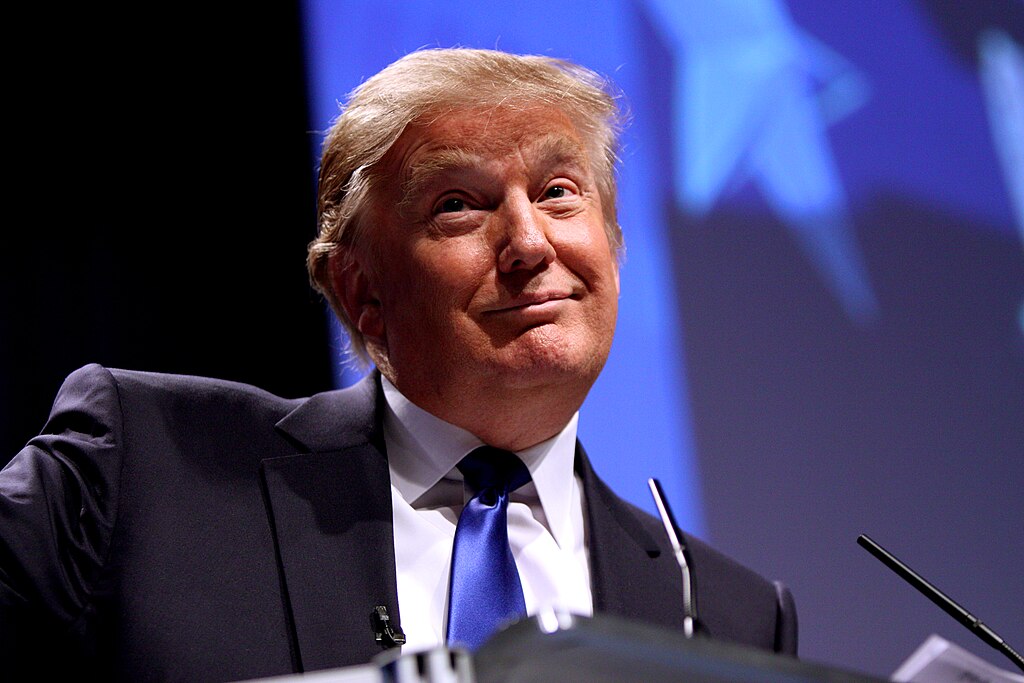President Donald Trump’s proposal to relocate Palestinians from Gaza and have the U.S. oversee its reconstruction has ignited global criticism. His vision of transforming the war-torn enclave into the "Riviera of the Middle East" faced immediate pushback from world powers like Russia, China, Germany, and regional heavyweight Saudi Arabia.
At a White House briefing, Press Secretary Karoline Leavitt defended the plan as "outside-the-box thinking" but clarified that U.S. troops would not necessarily be deployed. Secretary of State Marco Rubio echoed this, emphasizing the relocation would be temporary for rebuilding efforts. However, Trump’s statement that over 2 million Palestinians should be resettled permanently fueled accusations of ethnic cleansing and potential violations of international law.
Critics within the U.S. expressed skepticism, with Republican Senator Rand Paul questioning the policy’s alignment with Trump’s “America First” stance. Trump, however, insisted that “everybody loves it.” Meanwhile, Palestinians in Gaza rejected the idea outright, vowing to remain despite the devastation.
Netanyahu remained cautious, while Saudi Arabia reaffirmed its rejection of any displacement of Palestinians. Trump’s proposal also raises questions about the potential normalization of Saudi-Israeli relations, which Riyadh has conditioned on the establishment of a Palestinian state.
Hamas condemned the plan as “ridiculous,” warning it could further destabilize the region. The United Nations also urged adherence to international law, with Secretary-General Antonio Guterres cautioning against any form of forced displacement.
With global opposition mounting, it remains unclear whether Trump’s proposal is a serious policy shift or a strategic bargaining ploy. However, the controversy surrounding it underscores the ongoing complexity of the Israeli-Palestinian conflict.



 U.S. Announces Additional $6 Million in Humanitarian Aid to Cuba Amid Oil Sanctions and Fuel Shortages
U.S. Announces Additional $6 Million in Humanitarian Aid to Cuba Amid Oil Sanctions and Fuel Shortages  UAE Plans Temporary Housing Complex for Displaced Palestinians in Southern Gaza
UAE Plans Temporary Housing Complex for Displaced Palestinians in Southern Gaza  U.S.-India Trade Framework Signals Major Shift in Tariffs, Energy, and Supply Chains
U.S.-India Trade Framework Signals Major Shift in Tariffs, Energy, and Supply Chains  Nighttime Shelling Causes Serious Damage in Russia’s Belgorod Region Near Ukraine Border
Nighttime Shelling Causes Serious Damage in Russia’s Belgorod Region Near Ukraine Border  Norway Opens Corruption Probe Into Former PM and Nobel Committee Chair Thorbjoern Jagland Over Epstein Links
Norway Opens Corruption Probe Into Former PM and Nobel Committee Chair Thorbjoern Jagland Over Epstein Links  Trump Lifts 25% Tariff on Indian Goods in Strategic U.S.–India Trade and Energy Deal
Trump Lifts 25% Tariff on Indian Goods in Strategic U.S.–India Trade and Energy Deal  Ohio Man Indicted for Alleged Threat Against Vice President JD Vance, Faces Additional Federal Charges
Ohio Man Indicted for Alleged Threat Against Vice President JD Vance, Faces Additional Federal Charges  Newly Released DOJ Epstein Files Expose High-Profile Connections Across Politics and Business
Newly Released DOJ Epstein Files Expose High-Profile Connections Across Politics and Business  Missouri Judge Dismisses Lawsuit Challenging Starbucks’ Diversity and Inclusion Policies
Missouri Judge Dismisses Lawsuit Challenging Starbucks’ Diversity and Inclusion Policies  Trump Allows Commercial Fishing in Protected New England Waters
Trump Allows Commercial Fishing in Protected New England Waters  Trump Says “Very Good Talks” Underway on Russia-Ukraine War as Peace Efforts Continue
Trump Says “Very Good Talks” Underway on Russia-Ukraine War as Peace Efforts Continue  NATO to Discuss Strengthening Greenland Security Amid Arctic Tensions
NATO to Discuss Strengthening Greenland Security Amid Arctic Tensions  Federal Judge Restores Funding for Gateway Rail Tunnel Project
Federal Judge Restores Funding for Gateway Rail Tunnel Project  China Warns US Arms Sales to Taiwan Could Disrupt Trump’s Planned Visit
China Warns US Arms Sales to Taiwan Could Disrupt Trump’s Planned Visit  Trump Signs “America First Arms Transfer Strategy” to Prioritize U.S. Weapons Sales
Trump Signs “America First Arms Transfer Strategy” to Prioritize U.S. Weapons Sales  Iran–U.S. Nuclear Talks in Oman Face Major Hurdles Amid Rising Regional Tensions
Iran–U.S. Nuclear Talks in Oman Face Major Hurdles Amid Rising Regional Tensions  Ukraine-Russia Talks Yield Major POW Swap as U.S. Pushes for Path to Peace
Ukraine-Russia Talks Yield Major POW Swap as U.S. Pushes for Path to Peace 




























